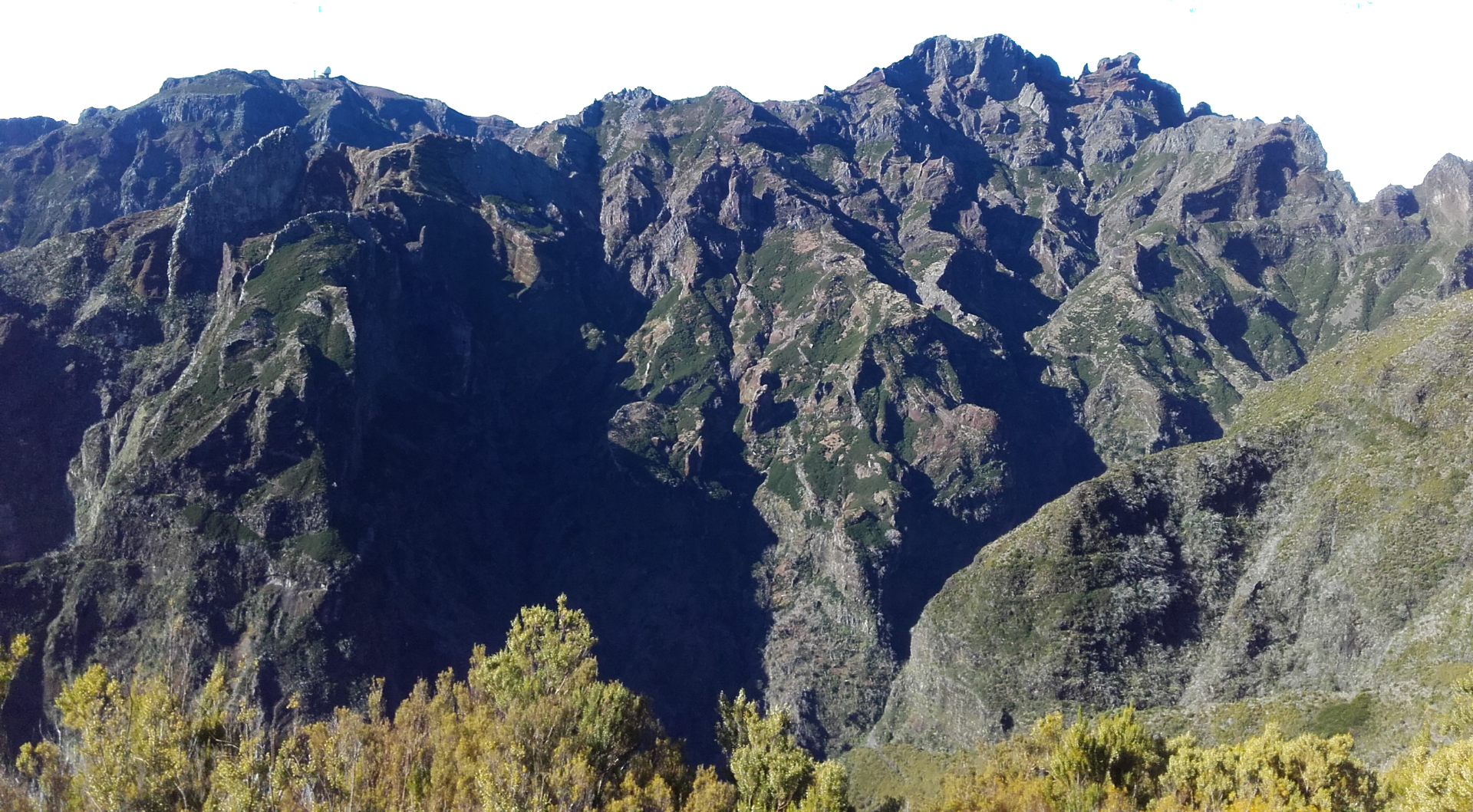A self-guided walking holiday in a volcanic archipelago
The Azores and Madeira are inseparable from the history of the great Portuguese discoveries in the conquest of a sea route to India in the 15th century. These islands represented a refuelling stopover for ships on their way to Brazil and India. Like Madeira, the Azores are made up of a volcanic archipelago, lost in the middle of the Atlantic Ocean, approximately 1 500km west of Lisbon, the capital of Portugal, and almost 4 000km off the east coast of North America.
Walking in the Azores, from one beautiful island to the next
The 9 islands of the archipelago are volcanic and emerged from the depths of the ocean some 4 million years ago. The islands are located in the North Atlantic and are scattered along a strip of nearly 650 km in length, from the island of Santa Maria to the island of Corvo.
The archipelago is divided into 3 geographical groups:
- The eastern group, comprising of Santa Maria and São Miguel.
- The central group, comprising of the Terceira islands, Graciosa, São Jorge, Pico and Faial.
- The western group, comprising of the islands of Corvo and Flores.
The Azores, along with the archipelagos of Madeira, the Canary Islands and Cape Verde, form the biogeographical region known as Macaronésie, meaning ‘the fortunate islands’. The term was actually used by ancient Greek geographers to refer to mythical islands in the Atlantic Ocean, which are likened to the Strait of Gibraltar.
What to expect on a walking holiday in the Azores
Climate: With the presence of the gulf stream and the Azores anticyclone, the climate is mild and humid, which favours subtropical crops such as sugar cane, orange trees, banana trees and tea bushes. These crops all had a significant economic impact in the past and still play an important role today, for example, on the island of Sao Miguel, there are fully functioning pineapple and tea plantations.
Volcanism: Volcanoes are still active in the Azores; solfatares in the heart of the village, fumaroles on the Pico, gaping calderas (collapsing craters) and "misterios" (lava fields) and not a century goes by without the an eruption or earthquake hitting the islands. The spirit of the volcanoes is omnipresent and deeply rooted in the lives of the people of the Azores.
Landscape: Beyond volcanism, the Azores are characterized by predominantly rural landscapes, adorned with blue and white hydrangeas and pastures. A peaceful and tranquil atmosphere reigns here.
In other words, a walking tour in the Azores is not to be missed!




